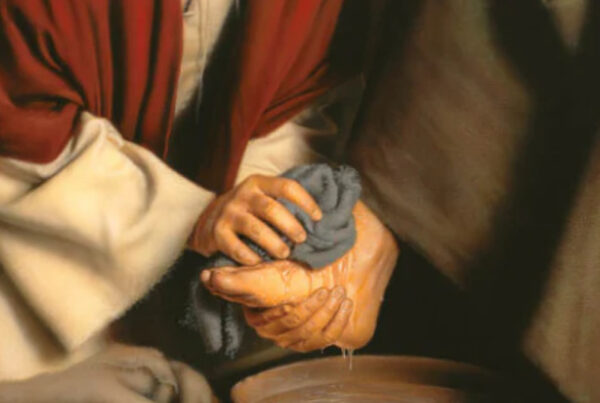Book of Hosea
Chapter 4
After the loving words of Chapter 3, we revisit some very strong language in today’s reading. The message that follows is the “charge” that God had against the Israelites; He explained in detail what they were doing wrong, and He did so vehemently.
At the very beginning of His message, we see already the return of an essential refrain in the book of Hosea: “There is no faithfulness, no love, no acknowledgment of God in the land.” (1) What does it mean to acknowledge God? Well, He indicated here that showing faithfulness and love were two crucial elements of remembering Him. The people did not do either.
You may have noticed that God’s message repeated the phrase “… in the land.” (1) The land in which the Israelites had lived for a long time had been part of God’s promise to them. Among other things, it came to represent the fulfillment of God’s promises to His people and His faithfulness to the covenantal relationship He had with them. Think of Joshua and compare the trust in God the Israelites had when they took the land to the message here. How did the Israelites in Hosea’s time treat that relationship with God? They snubbed Him…
That is the point of God’s message. How did they get so far away from Him? My “people are destroyed from lack of knowledge. Because you have rejected knowledge, I also reject you as my priests. Because you have ignored the law of your God, I also will ignore your children”(6) How did this happen? They ignored His law. Notice how He singled out priests in this passage. Priests were the spiritual leaders of their day. They were supposed to guide the people in God’s ways, to teach them God’s law, to be in charge of worship, to perform the necessary rituals and much more. Instead, they “feed on the sins of my people and relish their wickedness.” (8)
The priests were strongly taken to task because of the other recurring message of Hosea: “prostitution.” God used the word no less than seven times in this chapter alone. He was very clear in what He meant: they were worshiping other gods. Although they had a covenant with the LIVING God, “they consult a wooden idol and are answered by a stick of wood.”(12) Instead of worshiping Him, they went up to mountaintops and worshiped idols. (13) Why? How could they have forgotten so much? In the midst of this charge against them, God’s tenderness still emerged; He longed to look after them if they would only follow Him: “…How then can the LORD pasture them like lambs in a meadow?”(16)
Toward the end of the chapter, for the first time we run into a name that we will encounter throughout the book of Hosea. Ephraim was the largest of the tribes that made up the Northern Kingdom of Israel. Because of their numbers, the name of their tribe suggested power and strength. By designating Ephraim, God also reminded them of their history of faithfulness since Ephraim was the son of Joseph. Understanding these nuances, when “Ephraim” is named, we can take it to represent all of the Northern Kingdom of Israel.
Key Verse(s):
“Here the word of the Lord, you Israelites, because the Lord has a charge to bring against you who live in the land: ‘There is no faithfulness, no love, no acknowledgment of God in the land.’” ~ Hosea 4:1
Questions to ponder:
- What does this passage tell us about God’s view of spiritual leaders?
- How are you in a role of spiritual leadership? At home? At work? At church? How can you humbly acknowledge God in this area of your life?
- Do you have the equivalent of idols in your life? (Job? Money? Position? Power? Status? Family? Appearance? Etc) How do you give them importance? What steps can you begin to take to put God first in all areas of your life?


